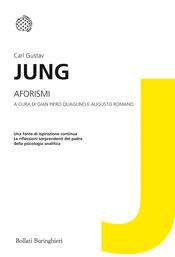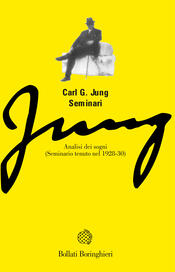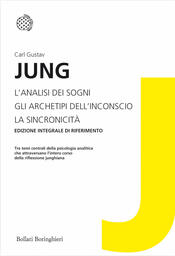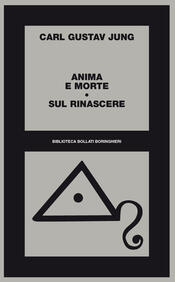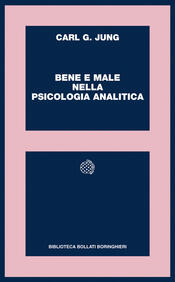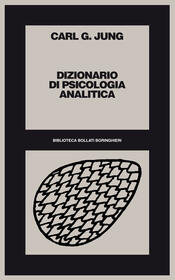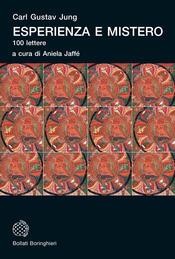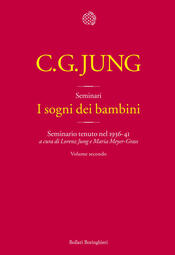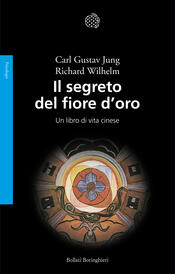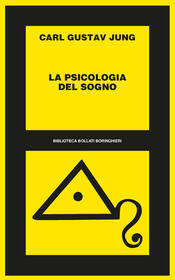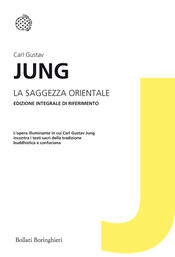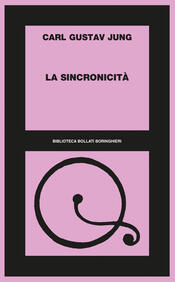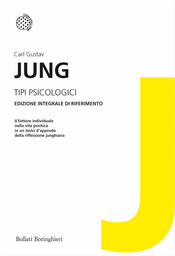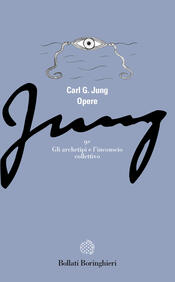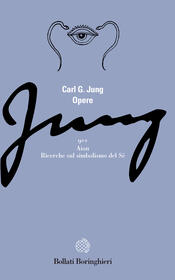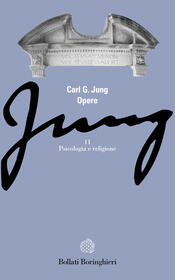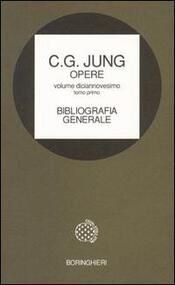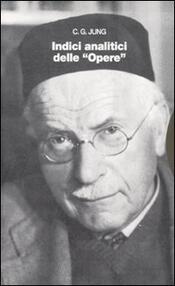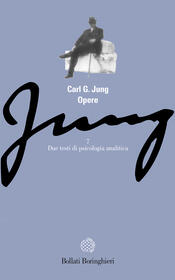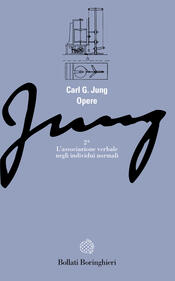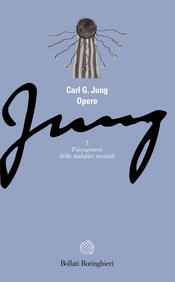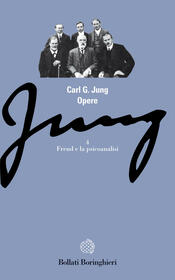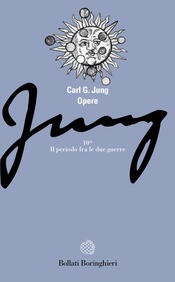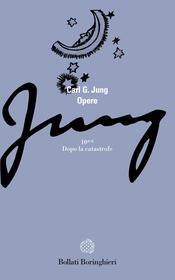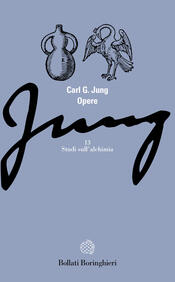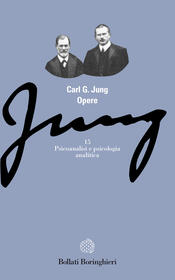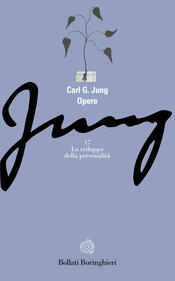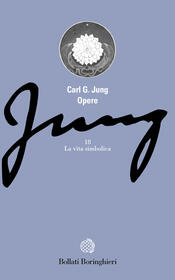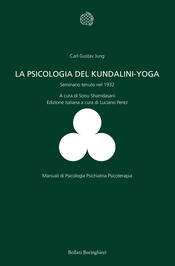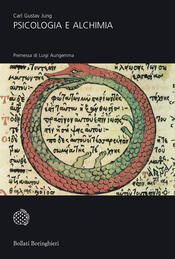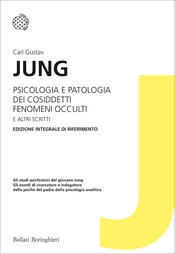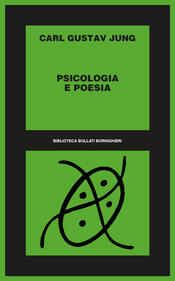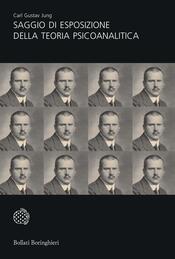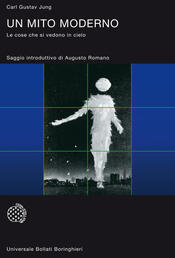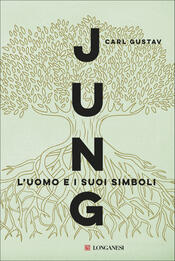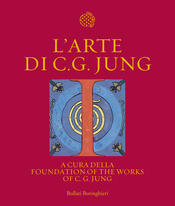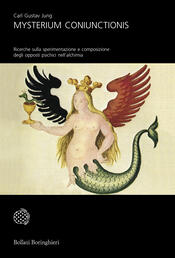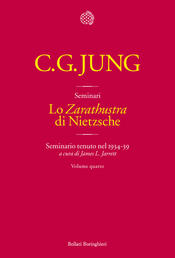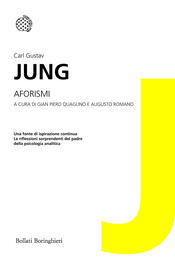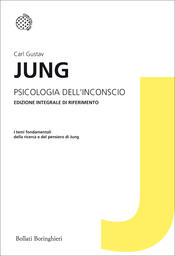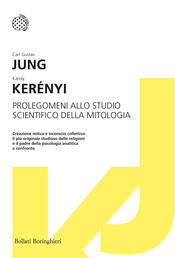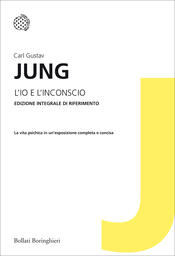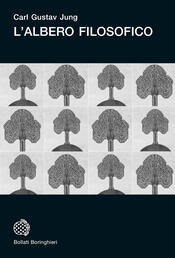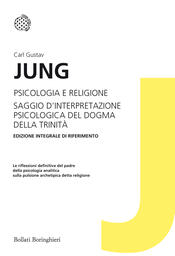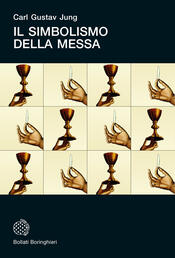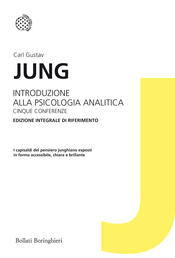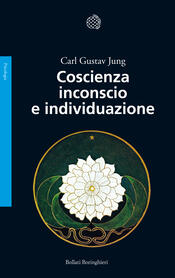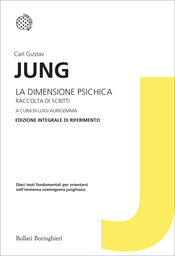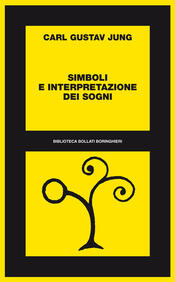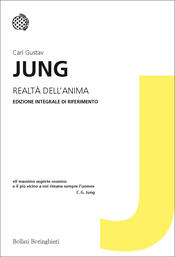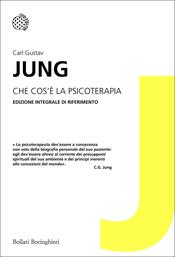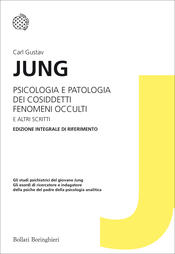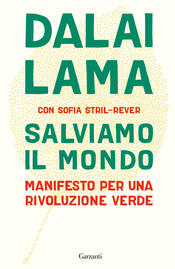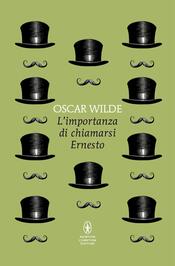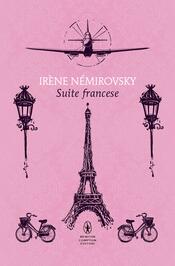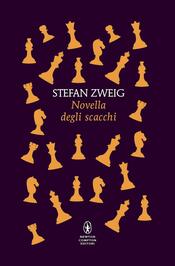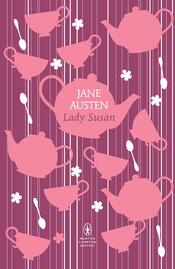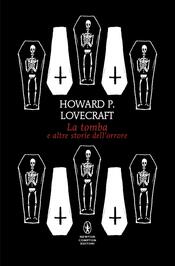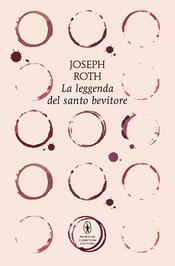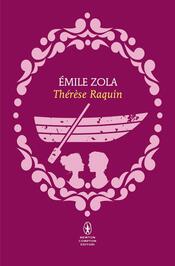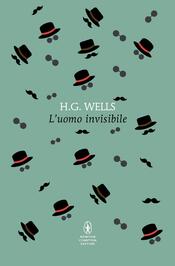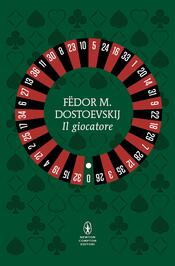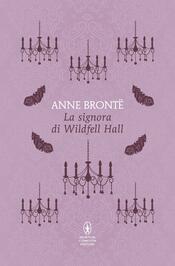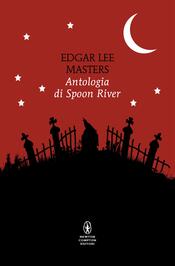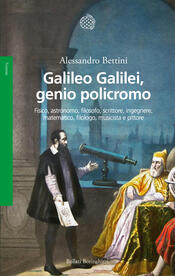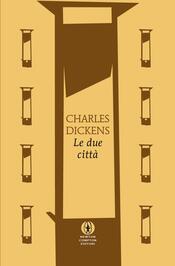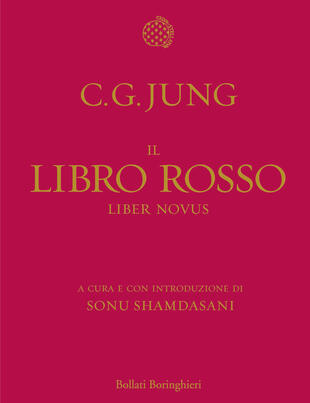

Il Libro rosso
-
Tradotto da: Giovanni Sorge, Giulio Schiavoni, Maria Anna Massimello
Tutti i formati dell'opera
Acquistalo
Sinossi
Jung lavorò al Libro rosso – trascrizione in parole e immagini dei sogni e delle visioni che popolarono il suo «viaggio di esplorazione verso l’altro polo del mondo» – per oltre sedici anni, dal 1913 al 1930, e ancora in tardissima età egli lo definì una sorta di presagio numinoso, l’opera di fondazione in cui aveva deposto il nucleo vitale e di pensiero della sua futura attività scientifica. Nondimeno, non volle mai autorizzarne la pubblicazione, e dopo di lui anche gli eredi si attennero alla consegna. La presente edizione, comprensiva della riproduzione in facsimile dell’originale e corredata da un ampio saggio di contestualizzazione storica e da un ricchissimo apparato di commento, segna ora un punto di svolta, inaugurando una stagione nuova ne gli studi junghiani. Grazie alla pubblicazione di questo che è l’inedito forse più importante nella storia della psicologia, diviene infatti possibile ricostruire le fasi dell’autosperimentazione di Jung – e dunque comprendere la genesi e l’articolazione dell’opera successiva – sul la base di una fonte documentaria di prima mano, e non di congetture fantasiose e pettegolezzi. Il Libro rosso è, in effetti, il libro segreto di Jung. Ma segreto soprattutto in quanto riproduzione simbolica di un universo altro, rappresentazione di un significato esistenziale che è e deve rimanere ignoto. Le immagini interiori in esso evocate e personificate provengono infatti da un aldilà mitico, in cui si caricano di una potenza numinosa che le rende a un tempo guaritrici e pericolose: operatori magici di forze psichiche autonome che solo attraverso un corpo a corpo con l’inconscio è possibile neutralizzare e incanalare in un percorso terapeutico. Quella che Jung chiamerà più tardi «immaginazione attiva», è appunto lo strumento inedito di cui egli si servì, nel corso della sua «discesa agli inferi», per suscitare i contenuti archetipici della psiche e oggettivarli attraverso il dialogo interiore, la scrittura, la pittura. Con il suo tesoro di esperienze iniziatiche e meditazioni sapienziali e con il suo corredo di immagini fantasmagoriche e virtuosismi calligrafici, il Libro rosso si situa dunque al centro di una straordinaria sperimentazione artistica e psicologica che ne fa un unicum nel panorama novecentesco. Esso rinnova la tradizione del manoscritto miniato medievale, riprendendone tecniche scrittorie, schemi di impaginazione e moduli di decorazione pittorica e ornamentale. È a tutti gli effetti un libro d’arte di superiore qualità, e volutamente prezioso: perché messo al servizio di un progetto esistenziale il cui scopo è il compimento del proprio mito personale, l’automanifestazione della Vita entro una vita.
- ISBN: 8833920941
- Casa Editrice: Bollati Boringhieri
- Pagine: 371
- Data di uscita: 11-11-2010
Recensioni
12.1.09 I couldn't sleep last night, as inspired as I was having begun to read Carl Jung's Liber Novus, his "Red Book." My first impression is that this is a massive tome; at 16x12x2'' it is easily the largest book I've ever laid hand on, and just turning the pages takes a substantial effort. But it' Leggi tutto
Only a few books read in a lifetime actually change you. Can you honestly say you are a different person after the work is absorbed? I feel that my cells have been re-charged with a new vitality. The Red Book is a lovingly inscribed and illustrated account of a deep inner journey into the heart of go Leggi tutto
I have no idea how to rank this book, nor am I even quite sure what the hell I read. Although I know a little German, I read the accompanying English text. However one thing is certain, the experience was powerful, and the impact of the combination of the hand lettering, calligraphy and the careful
كتاب عظيم.. ستبدو وكأنها كتابات شخص في مستشفى المجانين لمن لم يستوعبه ويفهمه. . الكتاب الأحمر عبارة عن مخطوطة غير منتهية، وليس من الواضح تماماً كيف أراد "يونغ" إكمالها، أو كيف سينشرها لو أنه قرر القيام بهذا. . يقدم الكتاب الأحمر سلسلة من المخيلات الفعالة مع محاولة "يونغ" لفهم معناها وفهم نفسه ودمج مكونات Leggi tutto
An interrupted read--this book is so personal and ephemeral, a blakean diary of personal discovery, completely inside one man's symbol system, written for himself. I'm about a third of the way through the body of the text--there's also a long introduction. It's already inspired me to go back to keep Leggi tutto
What dead souls lie under your sunken tired eyes? What true selves have you let die within yourself? -Carl Jung I’ll bring this book with me in my heart for the rest of my life. Some of the time I think I needed to be able to read Jung's mind, but eventually the bits that came together were lovely. Leggi tutto
حتی اگه نور به این کتابِ برزخی یونگ بخوره عضلاتش میگیره. یونگ از سمت دیگهی مرز، مرز عصیان و رویا وِ جنون و تعالی، برای شما دست تکون میده. جایی که ژرار دونروال و آرتو رفتند و نتونستند برگردند. جایی که ژرار دونروال زیر مهتاب در کوچهای تاریک خودش رو آویزون کرد، یونگ از همونجا برای شما بهرهای به ارمغا Leggi tutto
Citazioni
Al momento non ci sono citazioni, inserisci tu la prima!

